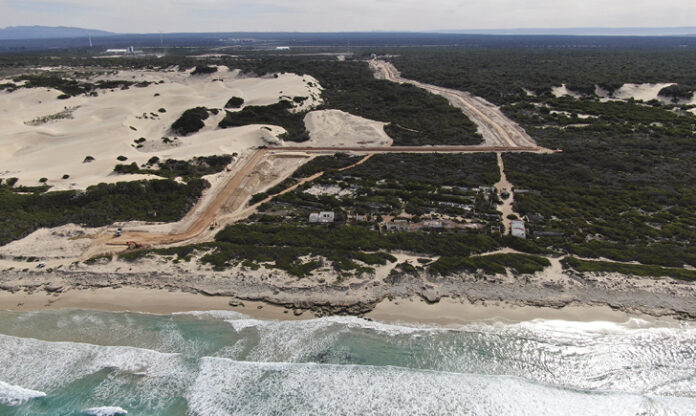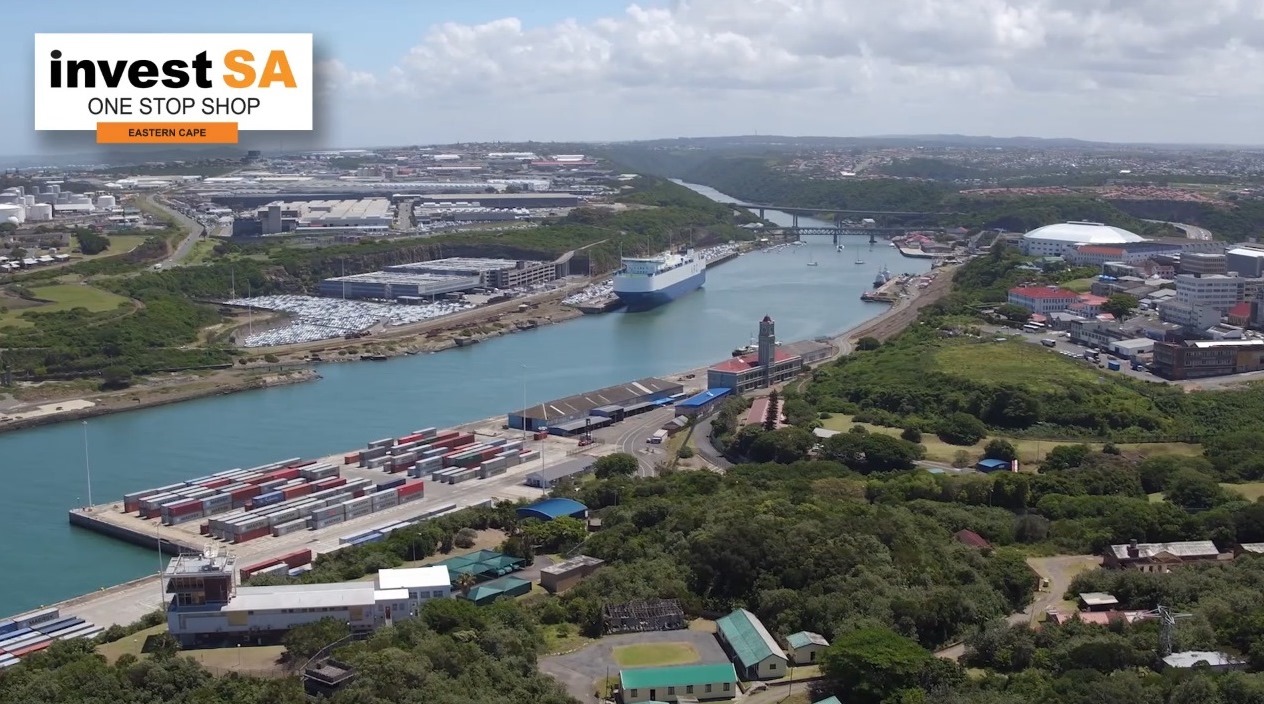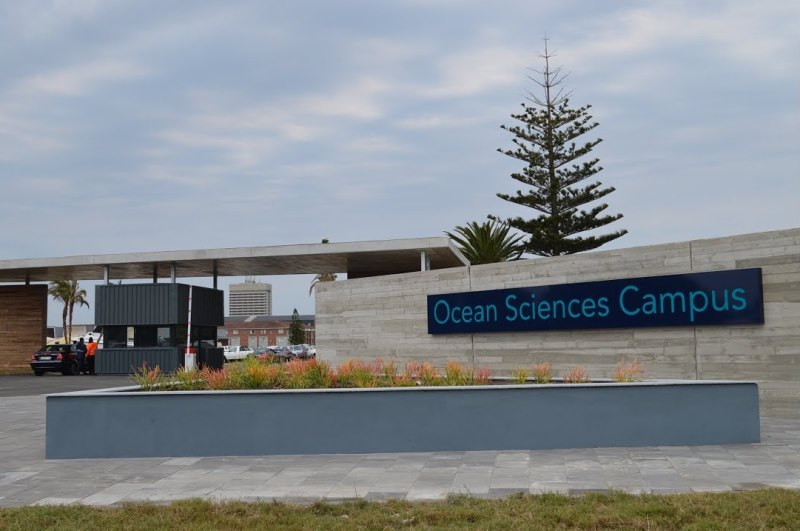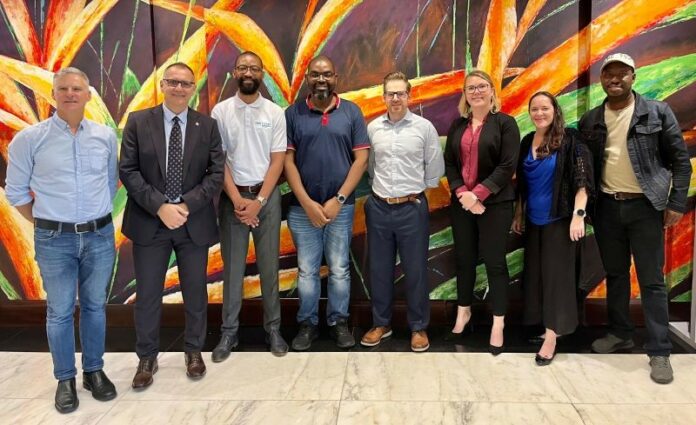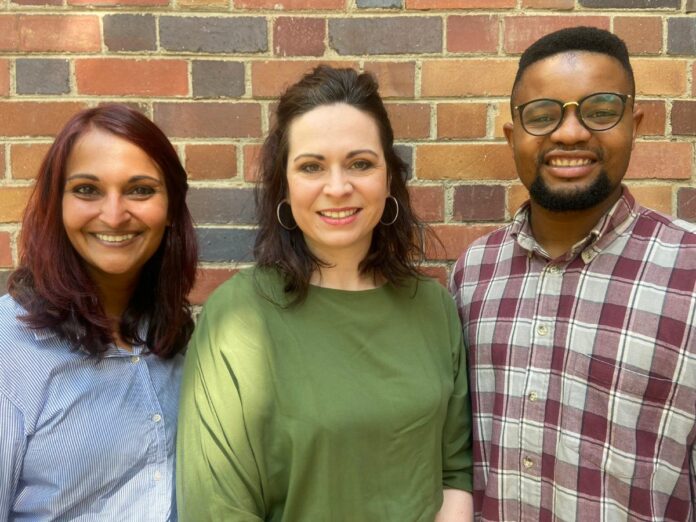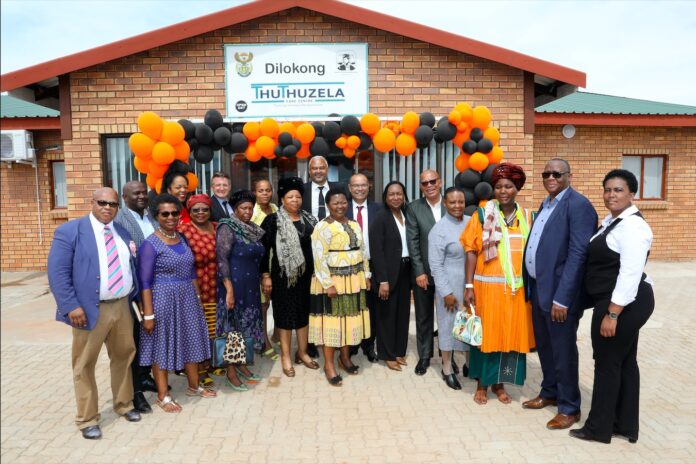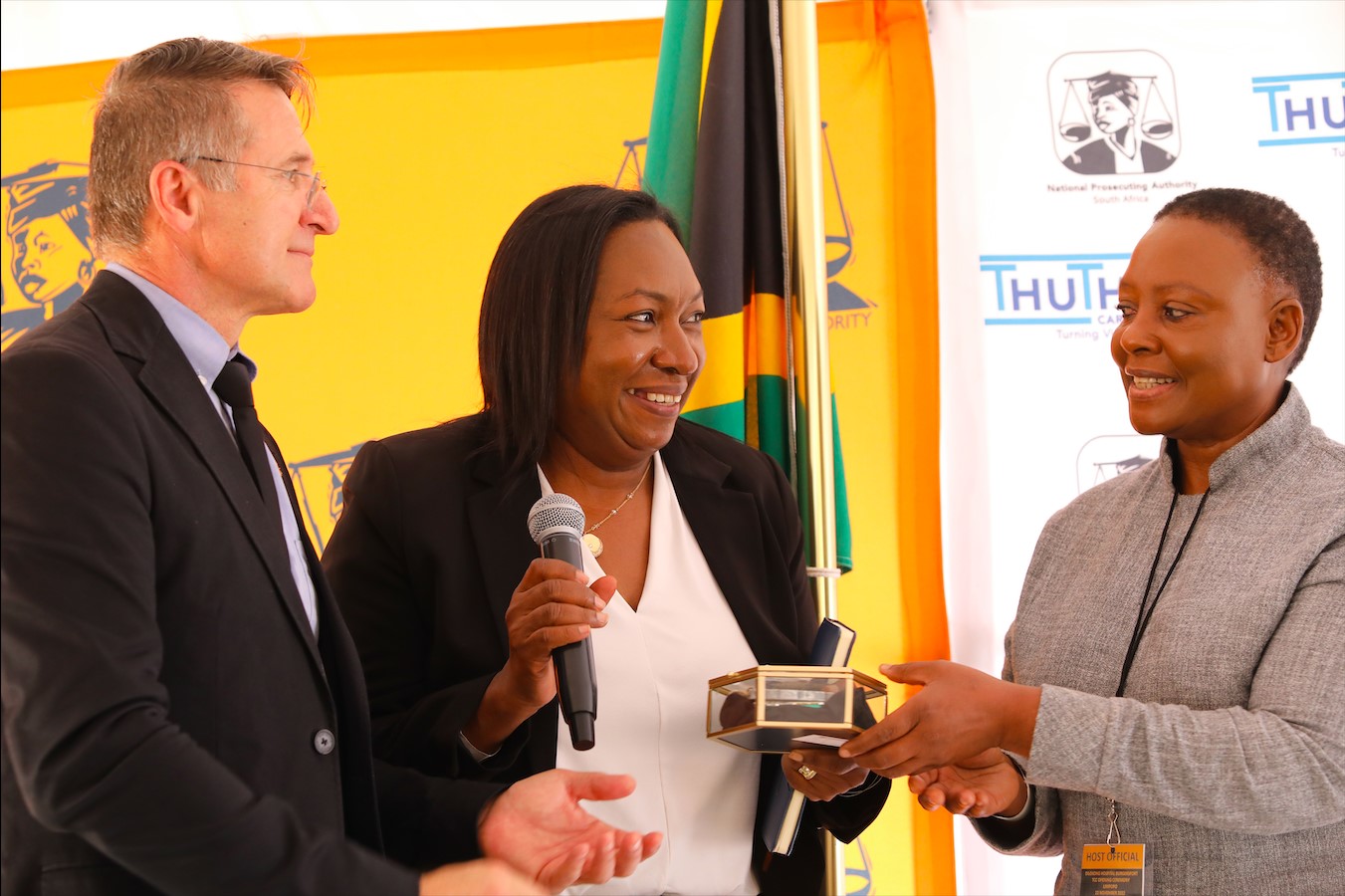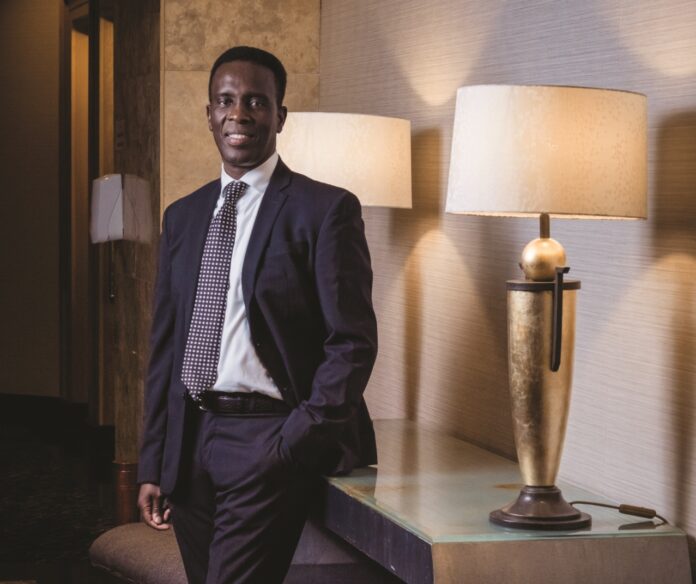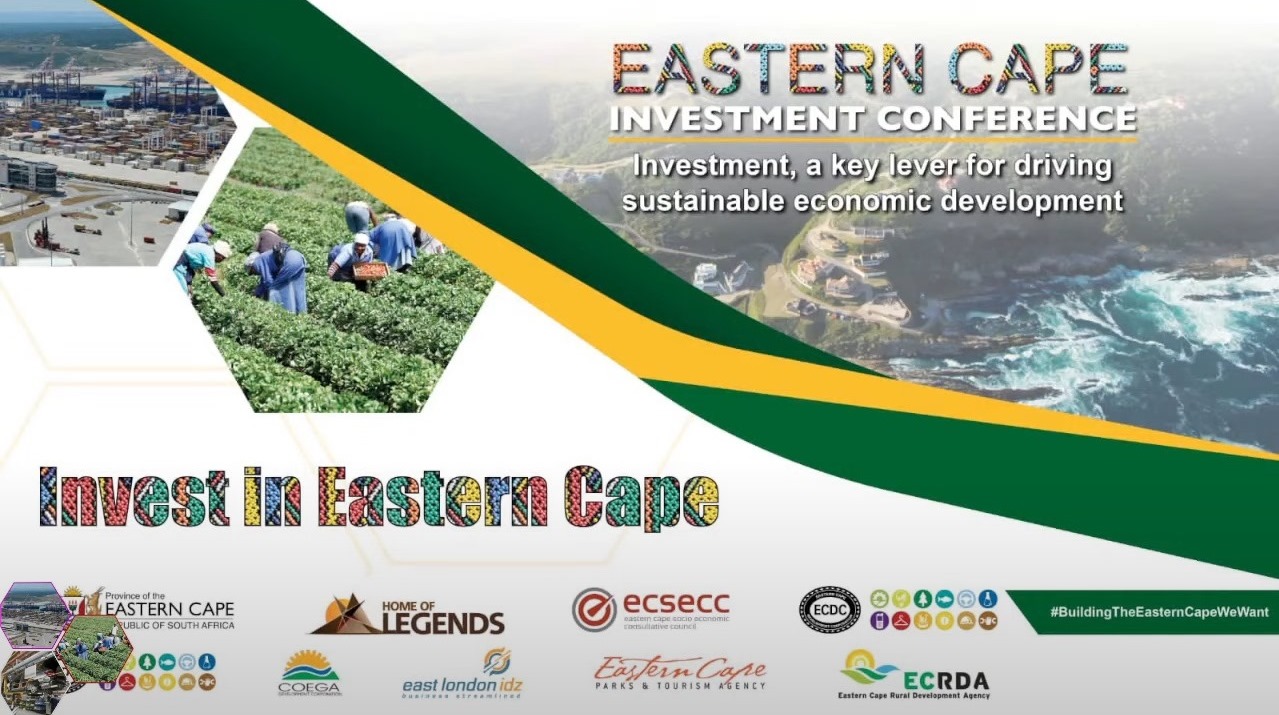As we approach year-end in what has been another year of unexpected events, we return to the much-anticipated and longed-for event of the year in the business community, the annual SACCI Convention and Gala Dinner.
It is especially pleasing after two years of Covid lockdown when we were unable to host this event. The standards expected from members and stakeholders hav always been at the top of the chain and the small group of personnel who pulls this off are expected to rise to the challenge, and we can expect nothing less in 2022.
The South African Chamber of Commerce and Industry (SACCI) has one of the longest track records in organised business with a 77-year history. Formalised in 1945, the institution has undergone change at various times which is reflective of a process that has kept SACCI relevant. Through its transformational process the standards of governance are arguably the highest in organised business. So, the 2022 Conference and Gala Dinner are at a confluence point when the country has once again been battered by external factors which have had a direct bearing on business and, indeed, society.
The war in Eastern Europe precipitated fuel price increases at a time when our economy was already vulnerable and struggling to grow. Our export markets were impacted, our domestic economy saw fuel, interest rates and general-goods prices rising rapidly and directly impacting on the general affordability of goods and services for the average person. In short, the country has gone through a rough year which has, more recently, been compounded by the severe load shedding and water shedding as the temperatures in the country rise to dangerous levels before summer has even arrived.
So, we are looking forward to an event which highlights the business perspective on the “new normal” going forward and how we see things entering the new year and beyond. This alone is intended to serve as a guiding light to the business community as to what we can expect.
From a new Small Business Growth Index that SACCI will be launching, together with UNISA’s Bureau of Market Research (BMIR), through to the new African Sovereign Ratings Agency, the programme promises to be one that will remain in our memories for some time to come. These are the highlights of what business can expect before the grand finale of the prestigious SACCI Gala Dinner.
As always, a mix of formalities from the black-tie affair, entertainment and high-profile speakers, we expect our keynote address to come from the His Excellency President Cyril Ramaphosa, this is the high-class event that the business community expects from SACCI annually.
The event is traditionally attended by high-ranking government officials, captains of industry, ambassadors and diplomats and indeed, a wider spectrum of movers and shakers.
By the time this goes to press SACCI will have concluded the first part of its Convention where the Annual General Meeting will elect its new directors in accordance with the Companies Act Schedule I provisions. The new directors will also be announced at the Gala Dinner.
After a year of unusual happenings, SACCI intends to end the year on a more positive note with hope as the key message for 2023.
Who is The South African Chamber of Commerce and Industry (SACCI)?
SACCI is the Republic of South Africa’s apex chamber of commerce, having been in existence for 77 years. We are a broadly-based representative national business body.
SACCI membership is divided into three categories: corporates, large multinationals and national companies, the majority of which are JSE-listed. The second tier of membership is national associations, which are the country’s industry-specific bodies. Finally, there are the chambers, which include town and city chambers across the country as well as a few township chambers. We also host the 20 000 or so SMMEs that are also members of SACCI through the chamber to which they are affiliated.
Our mission is to protect and promote the interests of business in all sectors and across all sizes of enterprise. SACCI is committed to forging closer relationships between organised business and government. Our vision is “To be the major voice of business in the policy, regulatory and legislative environment, business growth, locally and globally and improve the human condition.”
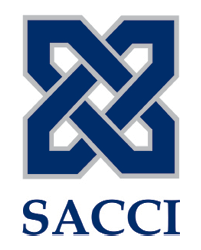 About SACCI
About SACCI
The South African Chamber of Commerce and Industry and its almost 50 constituent chambers is a lifeline for business people.
The voice of business
SACCI’s vision is to be the voice and preeminent business chamber organisation by offering superior value to its stakeholders. SACCI lobbies for and represents the collective interests, domestic and foreign, of South African businesses. Our mission is to effectively protect and promote the interests of business.
Lobbying and advocacy
We represent the business interests by influencing policy and legislative development and regulation. We engage government and legislatures or regulators in respect of certain of the regulations or pieces of legislation that we think would not be conducive for our business members or the economy in general or job creation. We are consulted in a lot of the policy that government looks at.
Membership
SACCI remains the most broadly-based representative national business body, not only in South Africa, but in Southern Africa, focusing primarily on national and international issues.
As the “Voice of Business” SACCI assists its members by preparing and submitting policy positions on business related issues to government: International Trade, Taxation, Economic Affairs, Labour and Company Wellness, Education and Training, Information Technology, SADC, NEPAD, Small Business, Transport and Regulatory Affairs. SACCI also interacts with many other agencies on business issues. During the year, SACCI holds various informative seminars and presentations using top Government and noteworthy speakers.
SACCI’s seven pillars
- Inclusive Economic Growth and Employment Creation
- Constructive Public and Private Stakeholder Engagement
- Entrepreneurship
- Infrastructure: “The 4 lines to Heaven”
- Continental Development in Africa and the CFTA
- Revenue Generation
- Membership Rewards and Benefits
Contact SACCI
Adress: 33 Fricker Road, Illovo, Sandton
Tel: 011 446 3800 | Email: info@sacci.org.za | Website: https://sacci.org.za
Twitter: https://twitter.com/sacciza | Facebook: https://www.facebook.com/SACCIza/
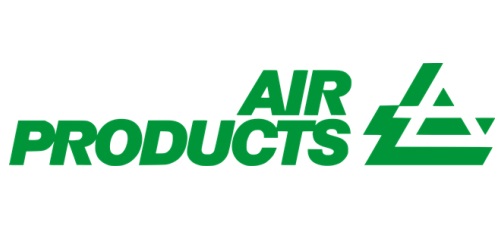



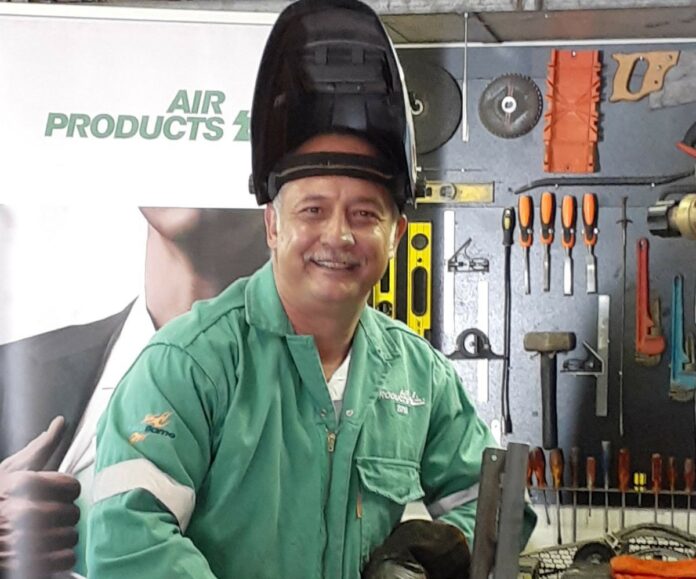
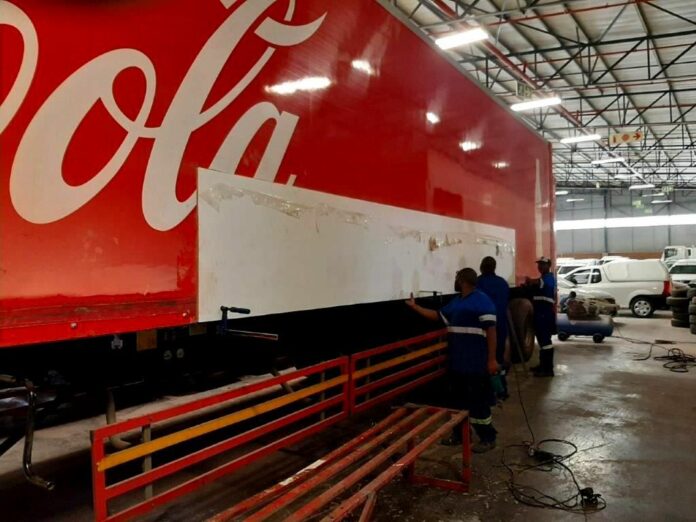
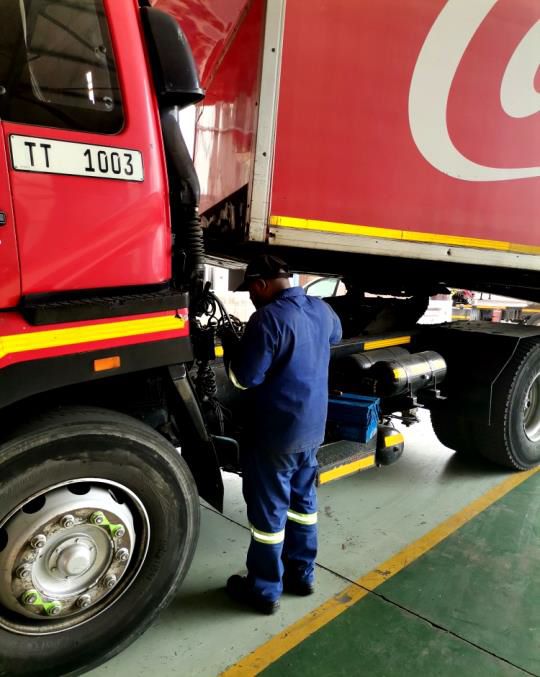 When the contract kick-started, Afrirent Fleet began with just 3 depots awarded to them; Pretoria, West Midrand and Devland, and today the company overseas all depots for the beverage giant inside South Africa.
When the contract kick-started, Afrirent Fleet began with just 3 depots awarded to them; Pretoria, West Midrand and Devland, and today the company overseas all depots for the beverage giant inside South Africa.
